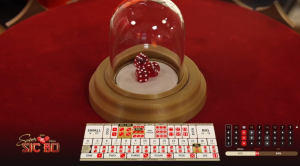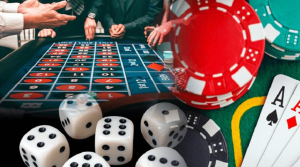Unlike other sports, eSport does not require overly complex layouts or specific equipment.
To play, you need a gamepad or a keyboard/mouse. One could then imagine that the motor handicapped experience difficulties in playing.
In reality, it’s all about learning. Also, many players with motor disabilities have managed to tame the controllers also used by able-bodied players.
Mike Begum, aka Brolylegs, is the perfect example. This player suffers from an advanced motor handicap since he was born without legs and with upper limbs with very reduced motor skills.
Still, he ranks among the best Street Fighter players, a fighting game requiring good reflexes and the execution of quick combinations. In just a few years, Brolylegs has risen to the rank of reference player.
By playing or training alone from home, eSports players can sometimes end up isolating themselves, but this does not represent all players but the subject must be addressed because it exists.
Of course, the players are often connected and interact with the other members of the game team, or even with the adversaries, but this contact, often by interposed screens, does not replace the real social link.
Under these conditions, doing sport in addition to e-sport has a double advantage. Sporting activity, especially in a team sport, allows first of all to restore a strong social bond with teammates.
By strengthening social ties, players who tend to isolate themselves gain confidence and ease of communication. These enefits that can then be reflected in the game through better communication and cohesion between the different members of the game team.
Like any other sport, eSports brings many benefits to players, whether they are disabled or not.
It should also be noted that eSport is an intense sports practice, requiring great concentration and control of one’s emotions. Of course, no sport without competition.










